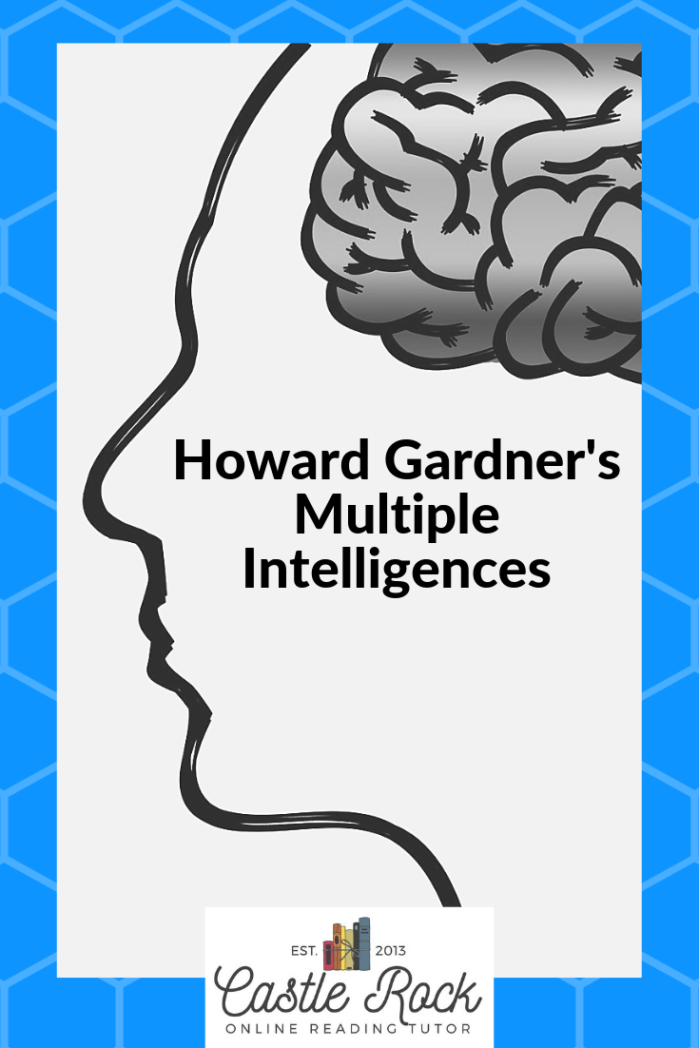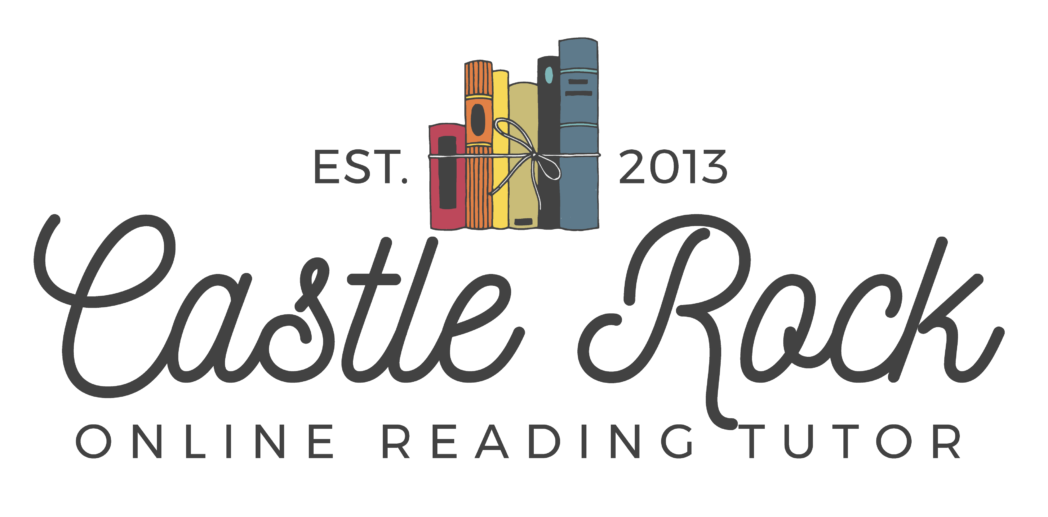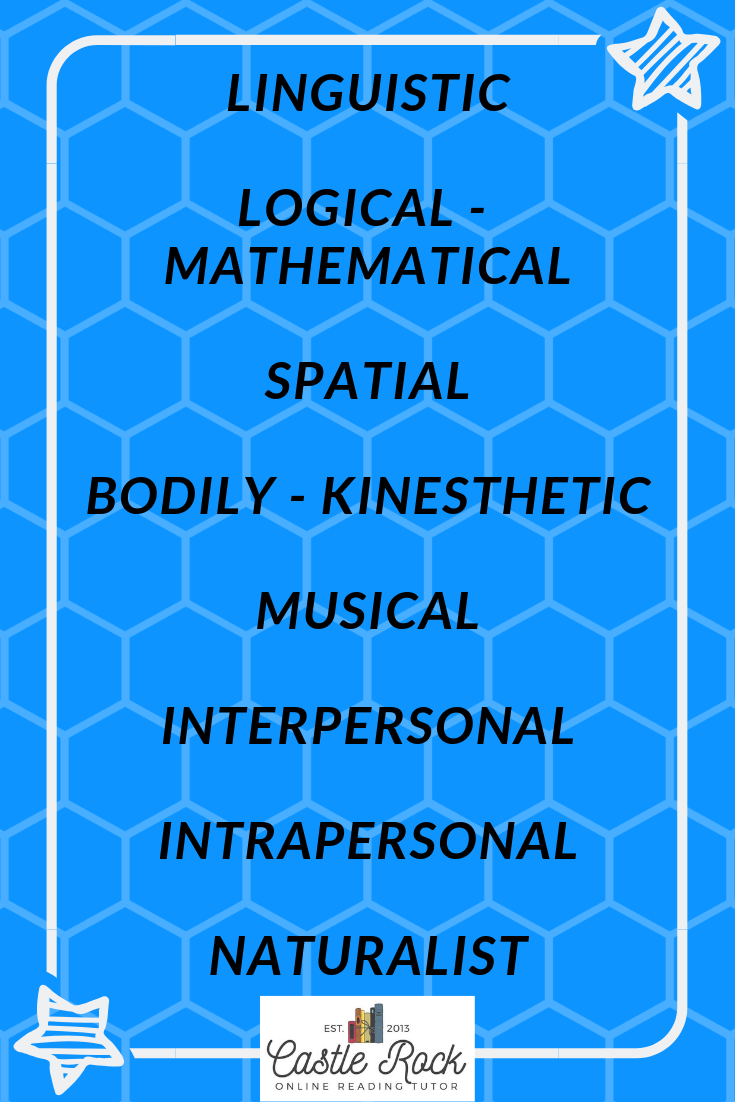
Multiple Intelligences, What are they? Have you ever wondered how your child learns? Or even what is the best way for your child to learn? Some children struggle with just reading and not math. Some struggle in math and not reading. How do you help the child who struggled in both? Have you ever wondered what is the best way for my child to learn?
Every child does learn differently. As a parent of four children, I could tell each one learned at their own pace and their own style. As I was in college and reading Multiple Intelligences in the Classroom by Thomas Armstrong (2000) I learned there are many different ways to help support children within the classroom setting.
As I expand my business to include courses this is one of the areas I will be sharing. I will be including how to best help your child based on Multiple Intelligence’s. Sign up below to receive updates on when the first course will be ready for you to register for. I am excited to be able to help children and families this way.

- Linguistic – the ability to use words effectively both orally and in writing. Some examples of these individuals would include storytellers, an editor or a journalist.
- Logical-Mathematical – the ability to use numbers effectively and to be able to reason well. A tax accountant, statistician, and a computer programmer are a few examples mentioned.
- Spatial – the ability to perceive the visual-spatial work accurately (hunter, scout, or guide) and to perform transformations on those perceptions (interior designer, artist or an inventor)
- Bodily-Kinesthetic – the expertise of using one’s body to express ideas and feelings ( actor, dancer, or an athlete) and facility in using one’s hands to produce or transform things (sculpture, mechanic, or surgeon) This intelligence does require certain physical skills such as coordination, balance, and strength.
- Musical – the ability to perceive, discriminate, transform, musical forms. This includes sensitivity to the rhythm, pitch or melody of the music. Composers, musicians, critic, or even a music aficionado are included in this group.
- Interpersonal – The ability to perceive and make distinctions in the moods, intentions, motivations, and felling of other individuals.
- Intrapersonal – Self-knowledge and the ability to act adaptively on the basis of that knowledge. Being able to understand oneself (strengths and weaknesses) awareness of inner moods and the capacity for self-discipline.
- Naturalist – Expertise in the recognition and classification of numerous species of the individual’s environment. This includes the environment one lives in and to discriminate between different items (urban setting to pastures and mountains). Multiple Intelligences in the Classroom (2000)

Just a snippet of courses and early enrollment
Courses that will begin to appear are:
Basics of helping your struggling reader
Phonics
Sight Words
Spelling
Comprehension and Vocabulary
Sign Up Now to receive updates!



